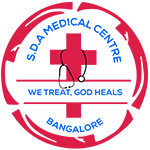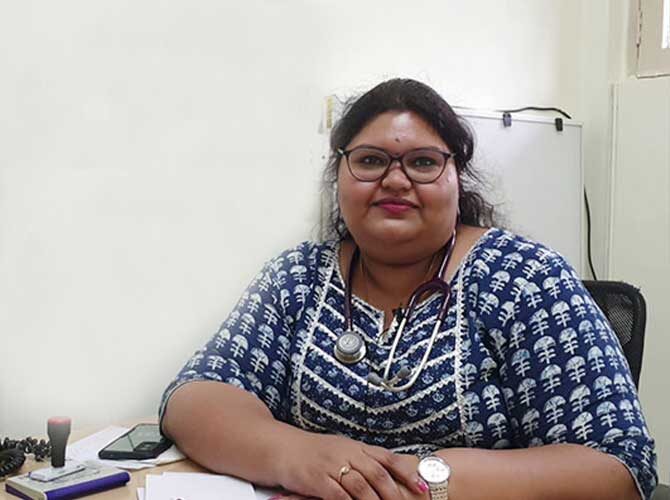A pulmonology doctor, also known as a pulmonologist or a respiratory physician, is a medical professional who specializes in the diagnosis and treatment of diseases and conditions affecting the respiratory system. They work in hospitals, clinics, and medical centers, providing care for patients with lung and respiratory-related disorders.
Here are some key responsibilities of a pulmonology doctor in a hospital:
- Respiratory Disease Diagnosis: Pulmonologists evaluate patients with respiratory symptoms, such as cough, shortness of breath, chest pain, or wheezing. They conduct detailed medical interviews, perform physical examinations, order and interpret diagnostic tests (including pulmonary function tests, imaging studies, and blood work), and make accurate diagnoses of respiratory conditions.
- Chronic Respiratory Disease Management: Pulmonologists manage chronic respiratory conditions such as asthma, chronic obstructive pulmonary disease (COPD), interstitial lung diseases, pulmonary fibrosis, bronchiectasis, and sleep-related breathing disorders. They develop individualized treatment plans, prescribe medications, provide lifestyle recommendations, and monitor patients to optimize their respiratory function and quality of life.
- Interventional Pulmonology: Some pulmonologists have expertise in interventional pulmonology, which involves minimally invasive procedures to diagnose and treat respiratory conditions. Examples include bronchoscopy (using a flexible tube to examine the airways and collect tissue samples), thoracentesis (draining fluid from the pleural space), and placing or removing indwelling chest tubes for management of pleural effusions or pneumothorax.
- Respiratory Infections: Pulmonologists diagnose and treat various respiratory infections, including pneumonia, tuberculosis, bronchitis, and respiratory viral infections. They prescribe appropriate antibiotics, antiviral medications, or other treatments, and monitor the patient’s progress to ensure effective resolution of the infection.
- Lung Cancer Diagnosis and Management: Pulmonologists play a critical role in the diagnosis and management of lung cancer. They evaluate patients with suspicious lung nodules or masses, perform biopsies for pathological analysis, stage the disease, and collaborate with other specialists to develop comprehensive treatment plans, which may include surgery, radiation therapy, chemotherapy, targeted therapies, or immunotherapy.
- Critical Care Medicine: Pulmonologists often provide care in critical care settings, such as the intensive care unit (ICU), managing patients with severe respiratory distress, acute respiratory failure, or other life-threatening respiratory conditions. They employ mechanical ventilation and other life support techniques to ensure patients receive optimal respiratory support and treatment.
- Patient Education and Counseling: Pulmonologists educate patients about their respiratory conditions, treatment options, and self-management strategies. They provide counseling on lifestyle modifications, smoking cessation, and preventive measures to reduce the risk of respiratory complications and improve overall lung health.
To become a pulmonology doctor, one must complete medical school followed by a residency program in internal medicine and a fellowship in pulmonology. Some pulmonologists may pursue additional specialized training in areas such as interventional pulmonology, critical care medicine, or sleep medicine.
Pulmonologists play a vital role in diagnosing, managing, and treating a wide range of respiratory conditions. They work closely with patients to improve their lung health, enhance their quality of life, and provide comprehensive care for respiratory-related disorders in a hospital setting.

